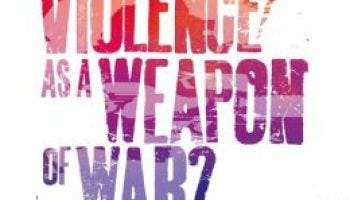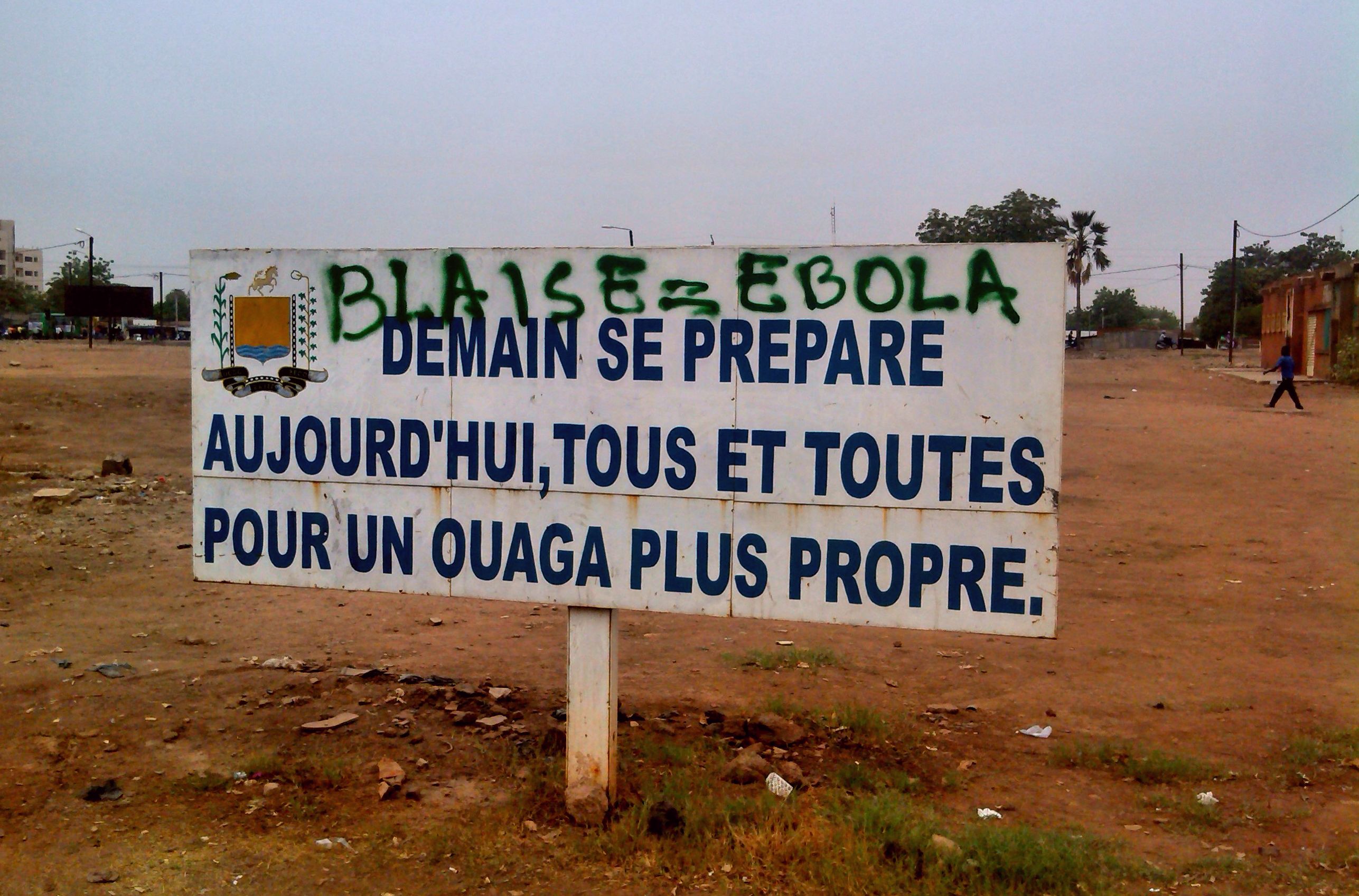During the spring term I taught African Studies at Uppsala University. Students created a blog Uppsala African Reviews where they published reviews of books with a focus on contemporary African issues. Nadja Piiroinen is one of the students.
As a feminist I have had many reasons to feel hopeful during the last few years. As a consumer of entertainment I’ve watched Tina Fey and Amy Poehler slay the last three Golden Globes, Taylor Swift make a 180, going from ignorant to feminist-spokes person with her now bff Lena Dunham, I’ve binged through SVT‘s Full Patte twice, and I cried as Beyoncé, standing tall in front giant letters spelling out the word feminist, became a gif, not talk about the whole Emma Watson amazingness. As a Swede I have seen a growing political movement for mainstreaming an intersectional feminist agenda, I’ve seen that movement intimidate the political establishment to include more feminist talking points, to form a ‘feminist government’, and appointing a minister of foreign affairs that has promised a ‘feminist’ foreign policy. These are some of the examples that have opened up for my hopefulness and enthusiasm, the atmosphere feels changed, and not just in Sweden anymore, slowly but surely being a feminist in Hollywood is going from taboo to norm, and personally, I’m loving it. Continue reading


